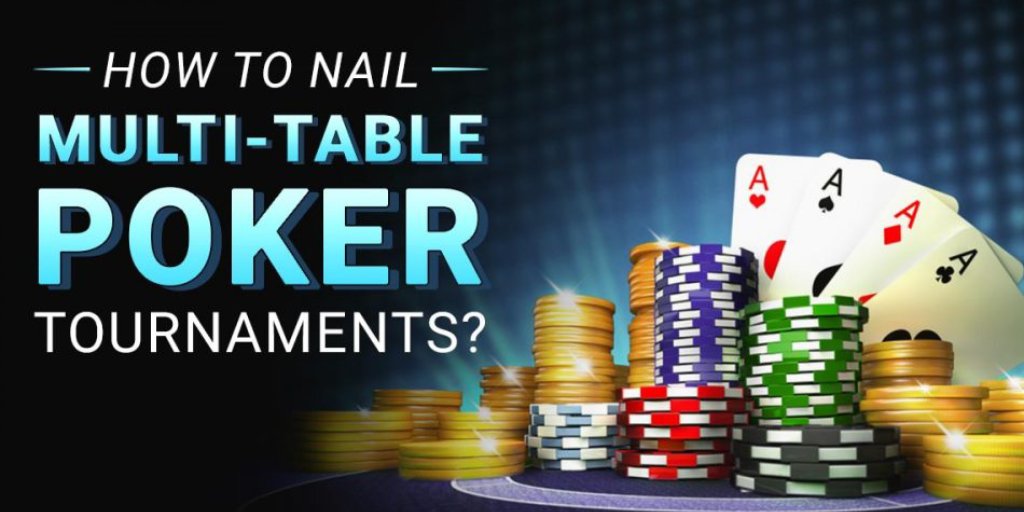It is correctly said that it takes a minute to learn poker games, but a lifetime to master. Very few people have both immediate and long-term success from the moment they first sit down at the table. Instead, most beginners make huge blunders that cost them noteworthy money.
This article explains some of the common flaws that amateur poker players make so that you are on the road to poker mastery.
Assumptions Will Only Get You So Far
Most amateurs think they are much better at poker than they truly are. This perception is likely because most people who stick with poker for any prolonged period of time, experience at least some level of success. Very few people keep playing if they lose the first 20 poker tournaments they enter. Those players quit and move on to something else.
The people who experience immediate short-term success are the ones who keep playing. This initial success leads most amateurs to be overconfident in their skills. Instead of working hard to polish their skills at the poker table, they assume they must be great and don’t doubt their skills.
If you want to turn out to be an excellent poker player, it is important that you must realize that you have to spend your time at the table persistently, paying attention. As soon as you stop studying, your opponents will quickly pass you by and you might find yourself at the edge.
Most amateurs develop a default poker strategy, and stick to it. They tend to develop their strategies based on what they are comfortable with. This situation usually leads them to almost never bluff or constantly bluff, based on the opponents they frequently play against. They also tend to think in definitive statements, such as always raise with top pair, always hit my straight draws, or always bluff.
Emotional Adaptability
Do not let your emotions influence your strategy. One more common mistake that amateur poker players make is that they usually play online poker games much too large for their bankroll. The sooner you stop thinking emotionally while playing poker, the better.
It is a fact that people who take their opponents’ actions personally do worse than those who simply make the best possible play in each situation. If you find yourself in a situation when someone continuously re-raises you, you should figure out some strategy to overcome the situation and implement it to take advantage of their aggression, instead of getting annoyed. You should also try to identify what precisely makes each specific opponent nervous.
Break the Betting Pattern
Making basic reads such as if your opponent is breathing heavily, he must have a strong hand and if he is blinking a lot, he is most likely poker bluffing, will only take you so far.
For example, some players get jumpy when they know they are going to win a huge pot while others get excited when running a massive bluff because they’re afraid they are going to lose a huge pot. While both players may appear excited, it is for completely different reasons. Keep in mind these few habits that amateur poker players often exhibit and thus, your strategies accordingly to win more fortune and titles.




